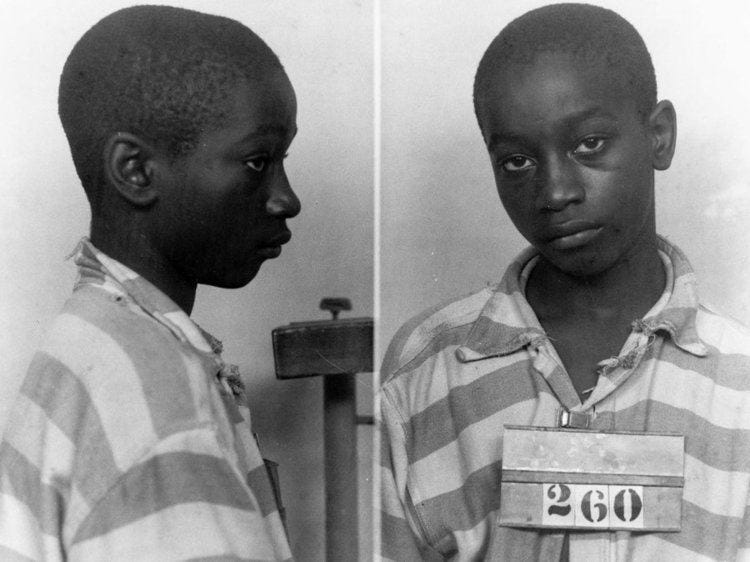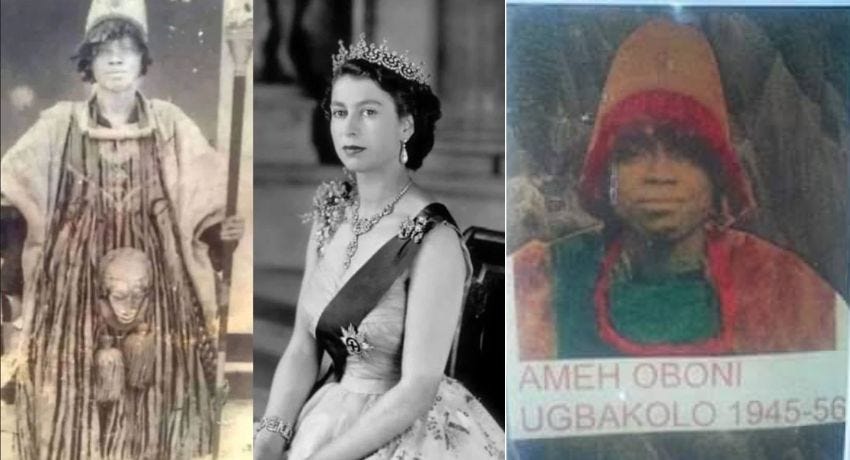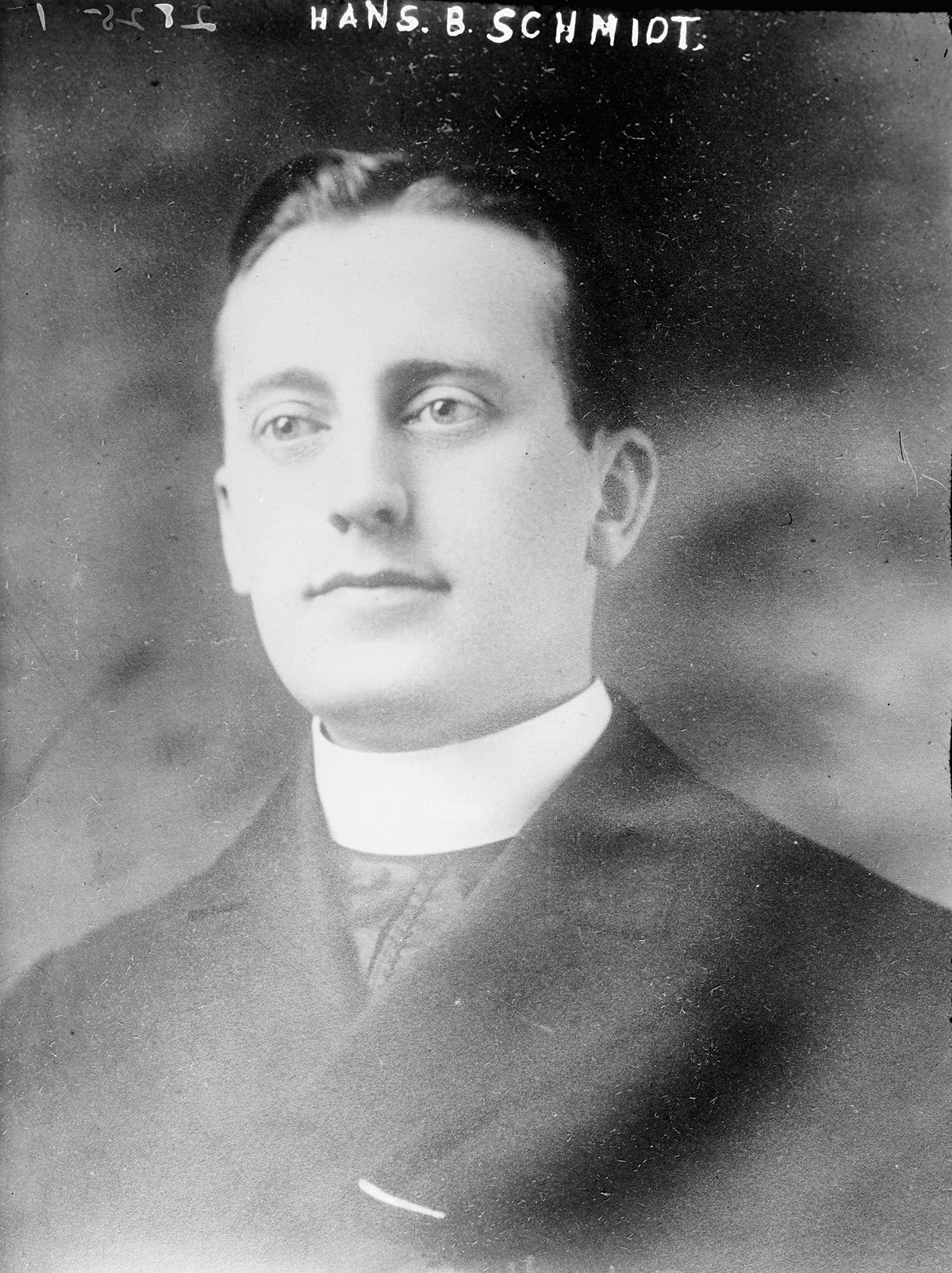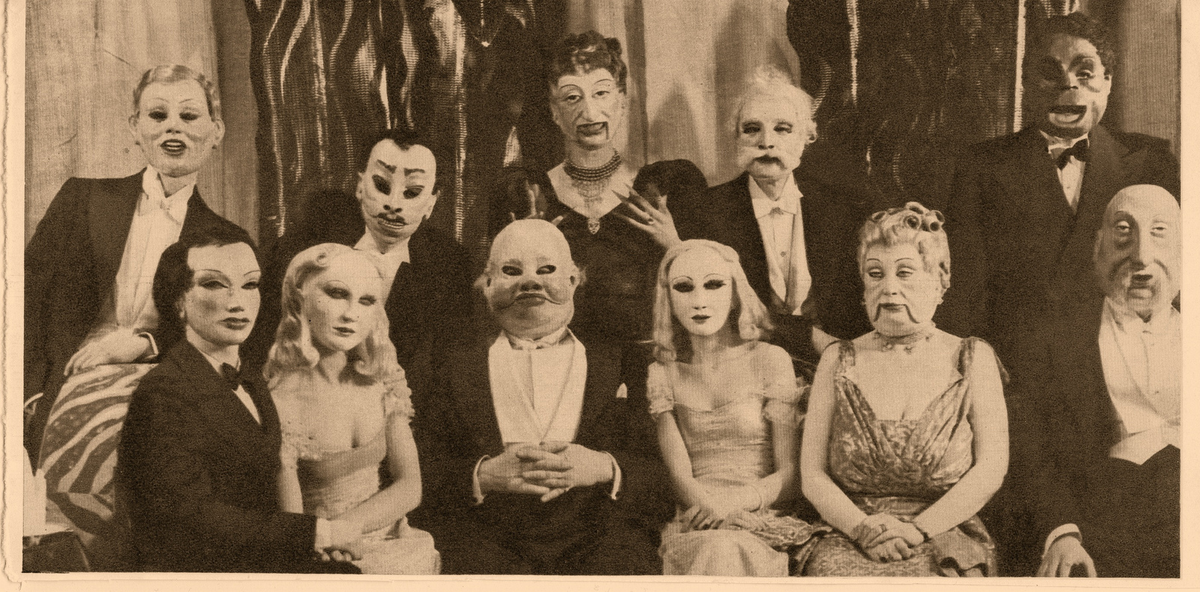The Black Woman Who Was Executed For Killing Her Employer
She was granted a posthumous pardon sixty years after her execution
 Lena Baker was an African American woman who was executed by the State of Georgia because she killed her employer, Ernest Knight in 1944. Her execution took place in Reidsville at the Georgia State Prison.
Lena Baker was an African American woman who was executed by the State of Georgia because she killed her employer, Ernest Knight in 1944. Her execution took place in Reidsville at the Georgia State Prison.
Baker was born in 1900 into a family of farmers and was raised near Cuthbert, Georgia. She worked as a maid and had three children. Baker started working with Knight after he broke his leg during a fall. He hired her to nurse him until his leg healed. Shortly after, the two started a love affair. He was 23 years older than her.
Knight was a heavy drinker who always had a gun strapped to his shoulder. Some accounts have reported that when Baker tried to end the relationship with him, he locked her in a mill and kept her as his “slave woman”. In an unfortunate turn of events, Knight died after engaging in a tussle with Baker.
Baker admitted that she was held against her will
After Knight died, Baker was charged with capital murder. During trial, she revealed that 67-year-old Knight whom she had been hired to cater for, had forcefully invited her to the millhouse and locked her there. She recounted that Knight had shown up at her house and told her to come to the mill. She eventually followed him, but escaped. However, he found her the next morning and this time, he successfully forced her to the millhouse where he locked her. He used an iron bar to lock the door.
Baker pleaded with him to let her leave, but all her pleas fell on deaf ears. He warned her that he would kill her if she attempted to leave. She feared for her life and attempted to leave. A struggle ensued between the two and as they struggled with a pistol, it went off. The bullet pierced through Knight’s head and he died instantly.
Immediately after the unfortunate incident, Baker went to the home of the County’s Coroner, J.A Cox and reported the accidental death of Knight. She told him what had happened and that she acted in self-defense. She explained that he imprisoned and threatened to shoot her. Cox advised Baker to report the incident to the sheriff, while he went to check the body at the gristmill. Rather than go to the sheriff as advised, Baker went home. Later that night, she was picked up by the sheriff.
She was sentenced to death
On 14th August, 1944, a jury of 12 white men found Baker guilty. The trial took place at the courthouse in Randolph County under the jurisdiction of Judge Charles William “Two Gun” Worrill. Reportedly, the trial judge presided with two pistols on the bench.
The trial lasted for about 4 hours, without a single witness. Baker’s story was tough to sell because she was a black maid in front of an all-white jury. It didn’t help matters that she had also been romantically involved with the deceased.
Thereafter, Baker was sentenced to death by electrocution in Georgia. The trial wasn’t even up to a full court day and eventually, the mother of three was sentenced to death by electrocution at the age of 44.
Baker’s lawyer felt that she did not have a fair chance during the trial and requested that a new trial be scheduled. This was because the verdict was contrary to the evidence given and in the absence of proper evidence, any verdict given was contrary to the provisions of the law. It was also against the principles of natural justice and equity.
Despite the fact that Governor Arnall also gave the Board of Pardons and Parole 60 days to review the case, Baker was still denied clemency. The date of her execution was still set for 5th March, 1945 and she was moved to the Men’s Section of Reidsville State Prison. Then, she was put in a solitary cell not too far from the execution chamber.
Unfortunately, Baker was the only woman that was executed in Reidsville. The other 255 people were men. She was pronounced dead after six minutes and several shocks. Baker was later buried in an unmarked grave behind Mount Vernon Baptist Church. Some years later, concerned church members marked her grave.
Baker was granted a posthumous pardon sixty years after her death
After many years, the late Baker’s family tried to clear her name. Roosevelt Curry who was Baker’s grandnephew, had said: “The family does not need to go down in history with a bad name”. The family approached the Georgia Pardon and Parole Board.
In 2005 which was sixty years later, Baker was given full and unconditional pardon by the Georgia Pardon and Parole Board. During the posthumous pardon, the board ruled that the previous decision denying Baker clemency was a “grievous error”.
State records further reveal that she could have been charged with the lesser crime of involuntary manslaughter, which would have prevented the sentence of capital punishment. A lesser punishment would have spared her life
While recounting events and giving remarks in honor of Baker, a representative, Sanford Bishop, echoed her last words: “What I done, I did in self-defense, or I would have been killed myself. Where I was I could not overcome it. God has forgiven me. I have nothing against anyone.”
While Baker’s family unveiled her headstone, they placed two roses and a cross on it. The following words are written on it:
Lena Baker,
June 8, 1900,
March 5, 1945,
The only woman to die in Georgia’s Electric Chair,
Pardoned in 2005.
A biography was published about Baker in 2001 and it was adapted for the Lena Baker Story in 2008. These works give detail about her travails and subsequent execution.










